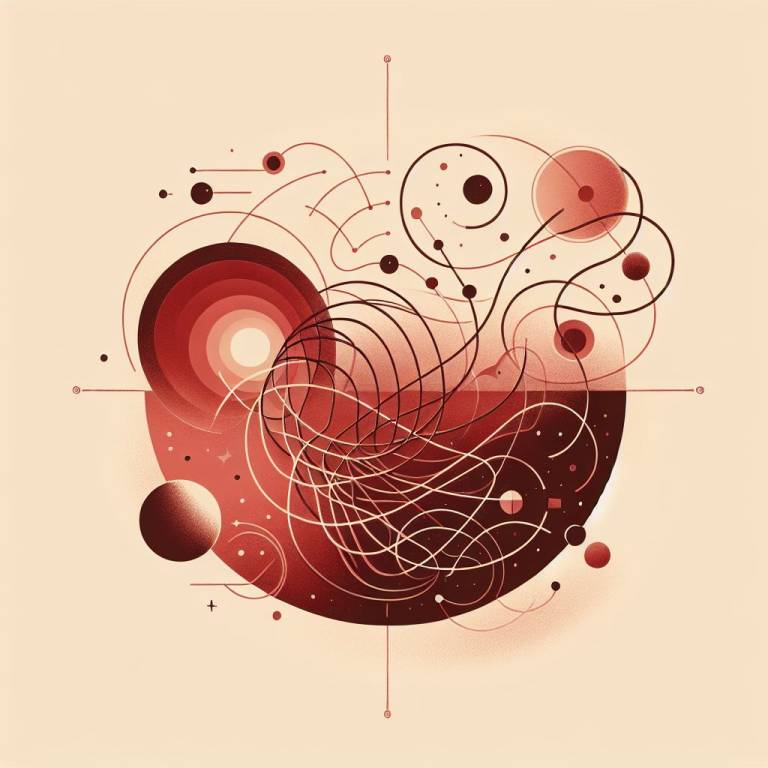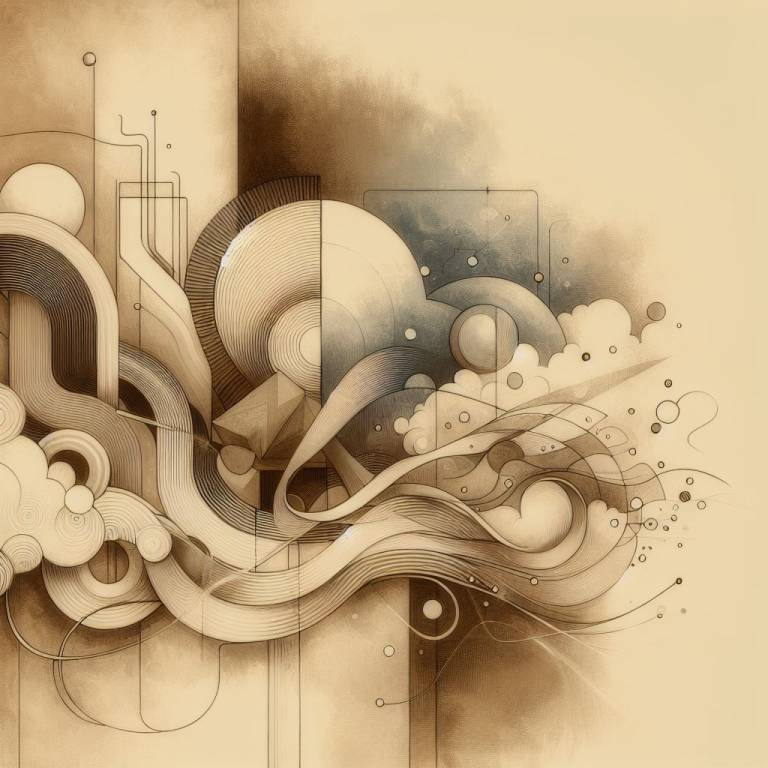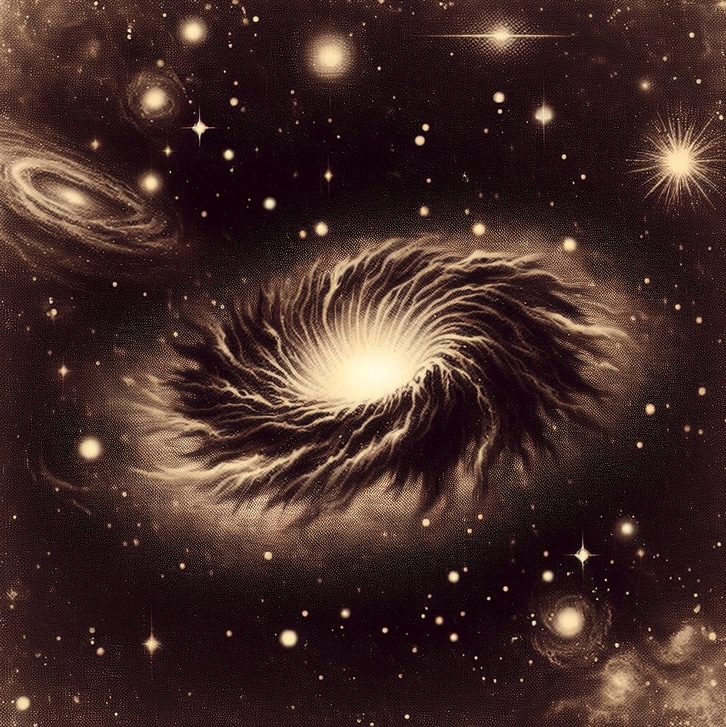The inflamed debate on racism in IR
First, to introduce and discuss Howell and Richter-Montpetit’s 2023 article, we had to take a step back and briefly look at the turn of events and accumulation of publications that precede the article in question. To start with, it is important to note that there has been critical scholarship on race, racism, and de/postcolonialism in IR (and beyond) long before the ‘scandal’ in question, something that Howell and Richter-Montpetit point to in their article (p. 314). What has been become to be known the ‘#SdScandal’ (Sd standing for Security Dialogue, an IR scientific journal) was ignited by a previous article by Howell and Richter-Montpetit (2020) critiquing what they argued to be the racist foundations of the Copenhagen School’s securitization theory. The article was followed by two critical retorts from the founders of securitization theory, one by Hansen (2020) and the other by Wæver and Buzan (2020a). Additionally, a flurry of social media quarrels, traditional media appearances, open letters by different academic associations/groups and a longer (independently published) response text by Wæver and Buzan (2020b) all weighed in on the discussion and – perhaps most of all – whether the way it was being conducted was appropriate.
Howell and Richter-Montpetit’s 2023 article can be seen as a long-awaited response to the thorny back-and-forth taking place in 2020 in different fora. Examining the concept of disciplinary whiteness, the authors argue that critical IR – and more specifically critical security studies – has been complicit in overlooking the colonial and racist tendencies of IR’s canons (p. 314). Moreover, the authors state that “– – disciplinary whiteness is reproduced not just by old-guard ‘white man’s IR’, but through the growing power of white bourgeois femininities and tender white masculinities, and of critical white (feminist) knowledge-frames” (p. 331). Howell and Richter-Montpetit arrive at this argument by first detailing different methods and theory that they use to explore disciplinary whiteness in IR. For example, the article builds on the concept of ‘white ignorance’ (Mills 2007 in Howell & Richter-Montpetit 2023, p. 316) and the metaphor of ‘the House of IR’; a colonial and gendered household housing different camps of IR under its roof in a hierarchical order (Agathangelou and Ling 2004 in Howell & Richter-Montpetit 2023, 317). The authors posit that critical IR has shifted the hierarchies of ‘the House of IR’ by “– – including more diverse white subjects and knowledge frames” (p. 317–318, emphasis added) but without addressing its own white normativity and imperial-colonial legacies.
Following the theoretical and methodological discussion, the authors take a retrospective view into the scandal by focusing on four different ‘terrains’ of disciplinary techniques (p. 315): (1) the Security Dialogue’s editorial politics and behind-the-scenes events, (2) the overall reception and the authors’ reading of Hansen’s (2020) response, (3) the response and reading of Wæver and Buzan’s (2020a; 2020b) response, and (4) the wider traditional and social media responses linked to the academic publications. Here, Hansen’s response is interpreted as a performance of ‘maternal discipline’ defending white feminist subjects and ways of knowing (p. 315). Relatedly, Wæver and Buzan’s response is understood as a performance and show of force of ‘paternal discipline’ (p. 315). Ultimately, both are seen to “– – rely on knowledge-frames that underestimate the character and extent of the raciality and coloniality of the discipline” even when both claim to rally around the flag of inclusivity (p. 321). As a way forward, Howell and Richter-Montpetit suggest that rather than disputing whether an individual scholar is racist or not, the community of IR should rather focus on how to pursue anti-racism and how to confront the depth of epistemic racism in the field (p. 329).
Questioning the neutrality of IR canons
In the second article we read, Sabaratnam (2020) analyses how the structural landmarks of whiteness are reflected in texts considered nominal to the discipline of IR. By analysing Kenneth Waltz’s Theory of International Politics (1979), Robert Keohane’s After Hegemony (1984) and Alexander Wendt’s Social Theory of International Politics (1999) Sabaratnam demonstrates how adhering to the three epistemological landmarks of whiteness, i.e., “ignorance, immanence, and innocence” (p. 12, emphasis in the original), frankly renders the theoretical analysis and empirical foci of the texts incomplete, disparaged, even faulty (p. 5). The reactions of Hansen (2020) and Wæver and Buzan (2020a) to the initial 2020 article written by Howell and Richter-Montpetit are like a textbook example of white “innocence” described by Sabaratnam. With this she (p. 13) refers to the core assumptions of whiteness as being something neutral, progressive and inherently good. Consequently, the “[i]nnocence discourse [of whiteness] — locates racism as a matter of exceptional behaviour” (ibid.).
In one of the interviews after the ‘#SdScandal’, Ole Weaver expresses his outrage for the racism accusations, which he has perceived hurtful as a critical scholar working on the good side (Rasmussen 2020). This illustrates the emotional and systemic workings of white innocence as described by Sabaratnam: “[E]ngagement with racism as a structural phenomenon is systematically repressed, accompanied by forms of denial, hurt, outrage, and backlash where this is questioned, often evidencing a subjective investment in Whiteness itself.” Instead of taking in the critique and analysing in which ways they are complicit in reproducing whiteness and related “racialised amnesia” (Krishna 2001 in Sabaratnam 2020, p. 6), Waever and Buzan recentre the discussion around them and their hurt feelings thereby displacing the discussion of the actual political problem, i.e., erasure of imperial roots of Western hegemony in the global order and the racialised structures that have influenced the development of the discipline of IR.
Guided by insights from critical race theory, Sabaratnam tracks the manifestations of “white subject-positionings” (p. 16) in the abovementioned “three seminal works of Anglo-American IR theory” (p. 6). Firstly, Sabaratnam holds that the epistemology of immanence is present especially in the choices of research subjects: “What matters for international politics is not the scope of violence or war itself, but only some of its effects on [white and Western] Great Powers’ relative capabilities” (p. 17). This, according to Sabaratnam, has led to the dismissal of “efforts by the global South to co-operate in the face of imperial power — as irrelevant to such matters” (ibid.). Secondly, Sabaratnam demonstrates how white immanence goes hand in hand with the epistemology of ignorance in the chosen three texts by upholding of the narratives the white IR. This functions through the erasure and neglect of “imperial and colonial relations [that] are foundational to the specific phenomena these texts examine” (p. 19). Thirdly, Sabaratnam illustrates the epistemology of innocence by highlighting how the expansion of Western capitalism is deemed as a positive force in the Global South/the Orient both in Theory of International Politics and After Hegemony thereby wiping out the violence, dispossession and interference related to it (p. 22–23).
Reimagining the scholarship
Both readings provoked members of the reading group to think how to (or how not to), in our own research, address and navigate these possibly contentious theoretical and methodological dimensions. Some members of the group, for example, are using securitization theory in their work and are now thinking how to engage with this thorny discussion and how to possibly modify and reframe their position to the tradition of securitization theory and IR theory more largely. Howell and Richter-Monpetit’s article also prompted a discussion on what is an appropriate way to have an academic debate and reminded – or rather warned – us of the polarizing power of quick social media jabs. We reflected on how in the ‘#Sdscandal’ also goes into questions of how to make a persuasive argument. In the back-and-forth Hansen as well as Waever and Buzan felt that their work was not being cited and read ‘correctly’. Similarly, Howell and Richter-Monpetit critiqued the aforementioned for not (meaningfully) citing the existing critical scholarship on race and colonialism in IR (p. 324, 327). This, we thought, is ultimately also a question of whether we understand or even want to understand each other. It seemed to the reading group members that instead of listening and having a genuine dialogue, the authors seemed to talk past each other.
The reading group deemed Sabaratnam’s article eloquent and well-structured. By both tracing and naming the attributes of white subject-positioning and related neutralised narratives in the texts of Waltz, Wendt, and Keohane, Sabaratnam gives concrete analytical tools for “identifying the logics constitutive of Whiteness” (p. 30). Yet, what happens next? Many members of the reading group felt on the one hand impressed by the poignancy of Sabaratnam’s analysis and on the other hand at complete loss what are then the consequences for their scholarly work. It is understandable to feel overwhelmed when faced with the discriminatory reality of many core assumptions of IR as discipline especially for young scholars who feel they are already in a vulnerable position in the discipline. Therefore, identifying whiteness, although constituting “a necessary step towards — change” in the academic and disciplinary institutions of IR, is hardly enough (p. 30). Two members of the group also pointed out how whiteness has been historically produced concept and how the boundaries of whiteness have been defined and redefined (for example, how Finns were not considered white in 19th century USA, or how being Russian today has a complicated relationship to whiteness).
Also, we identified a need to get more concrete. What would anti-racist scholarship that dismantles whiteness look like in practice? Most of the reading group members are white-bodied Europeans, which prompted us to reflect on who is eligible to take part in the discussion. In other words, some felt confused and uncomfortable and that they were not in the position to really talk about this or at least not in the position to be the first to comment. Relatedly, Howell and Richter-Monpetit (p. 316) underscore the contradictions related to the positionalities: On the one hand, they are wary of the possible reproduction of racialisation through “white authenticators” (Mills 2007, p. 32 in Howell and Richter-Monpetit 2023 ibid.). On the other hand, they state “a clear ethical demand on white scholars — to take responsibility for challenging disciplinary racism rather than minimizing our research findings to make things (more) comfortable for international relations’ status quo” (ibid.). Sabaratnam (p. 29) proposes different lines of action for de-centring whiteness, e.g., by bringing Africa, Blackness and Indigenous knowledge/bodies into clearer focus of IR theorisation. Furthermore, she underscores the importance of “diasporic connectivity and suffering, and creativity and solidarity” (ibid.).
Although personal reflexivity is important, following the lines of Howell & Richter-Monpetit and Sabaratnam, we also discussed the dire need for structural changes. How would it be if we were more concretely trained on situatedness, forms of discrimination and yes, explicitly on the racialised-colonial features/elements/structures of our discipline as part of the doctoral studies? What could be the role of Tampere Universities’ Doctoral School in this? Changes in reading lists and curricula from an anti-racist and anti-colonial perspective have been happening for example in SOAS in London and they have established guidelines for faculties to follow the lead of dismantling white supremacy in the academia (SOAS 2018). Could changes to reading lists and study units be made in our own IR department as well? The next curriculum has been already agreed upon, but this does not mean that we could not have teaching on the subject in individual courses. Altogether, the group agreed that on a discipline-level there is a need to support inclusion and provide space for diverse discussions. We hope the reading group, for one, to be a small step in the right direction.
References
Hansen, L. (2020). Are ‘core’ feminist critiques of securitization theory racist? A reply to Alison Howell and Melanie Richter-Montpetit. Security Dialogue, 51(4), 378-385. https://doi-org.libproxy.tuni.fi/10.1177/0967010620907198
Howell, A., & Richter-Montpetit, M. (2020). Is securitization theory racist? Civilizationism, methodological whiteness, and antiblack thought in the Copenhagen School. Security Dialogue, 51(1), 3-22. https://doi-org.libproxy.tuni.fi/10.1177/0967010619862921
Howell, A., & Richter-Montpetit, M. (2023). Upholding disciplinary whiteness: The #SdScandal, gender and international relations’ critical turn. Security Dialogue, 54(4), 313-336. https://doi.org/10.1177/09670106231182800
Keohane, R. (2005; 1984). After Hegemony: Cooperation and Discord in the World Political Economy. Princeton: Princeton University Press.
Rasmussen, D. M. (2020). Peace researcher Ole Wæver accused of racism: »I’ve never felt so bad about my life as an academic«. News Article. University Post: University of Copenhagen. Available at <https://uniavisen.dk/en/prominent-peace-researcher-accused-of-racism-ive-never-felt-so-bad-about-my-life-as-an-academic/>, seen 31 May 2024.
Sabaratnam, M. (2020). Is IR Theory White? Racialised Subject-Positioning in Three Canonical Texts. Millennium, 49(1), 3-31. https://doi.org/10.1177/0305829820971687
SOAS (2018). Decolonising SOAS Learning and Teaching Toolkit for Programme and Module Convenors. Decolonising SOAS Working Group.
Waltz, K. (1979). Theory of International Politics. Reading: Addison-Wesley.
Wæver, O., & Buzan, B. (2020a). Racism and responsibility – The critical limits of deepfake methodology in security studies: A reply to Howell and Richter-Montpetit. Security Dialogue, 51(4), 386-394. https://doi-org.libproxy.tuni.fi/10.1177/0967010620916153
Wæver O and Buzan B (2020b). Racism, reading and responsibility: Securitization theory, systemic racism in security studies and methodologies for excavating foundational flaws in theories online. Available at: https://cric.ku.dk/publications/racismreply/Racism_response_WebDoc_15May2020.pdf (accessed 28 May 2024).
Wendt, A. (1999). Social Theory of International Politics. Cambridge: Cambridge University Press.





